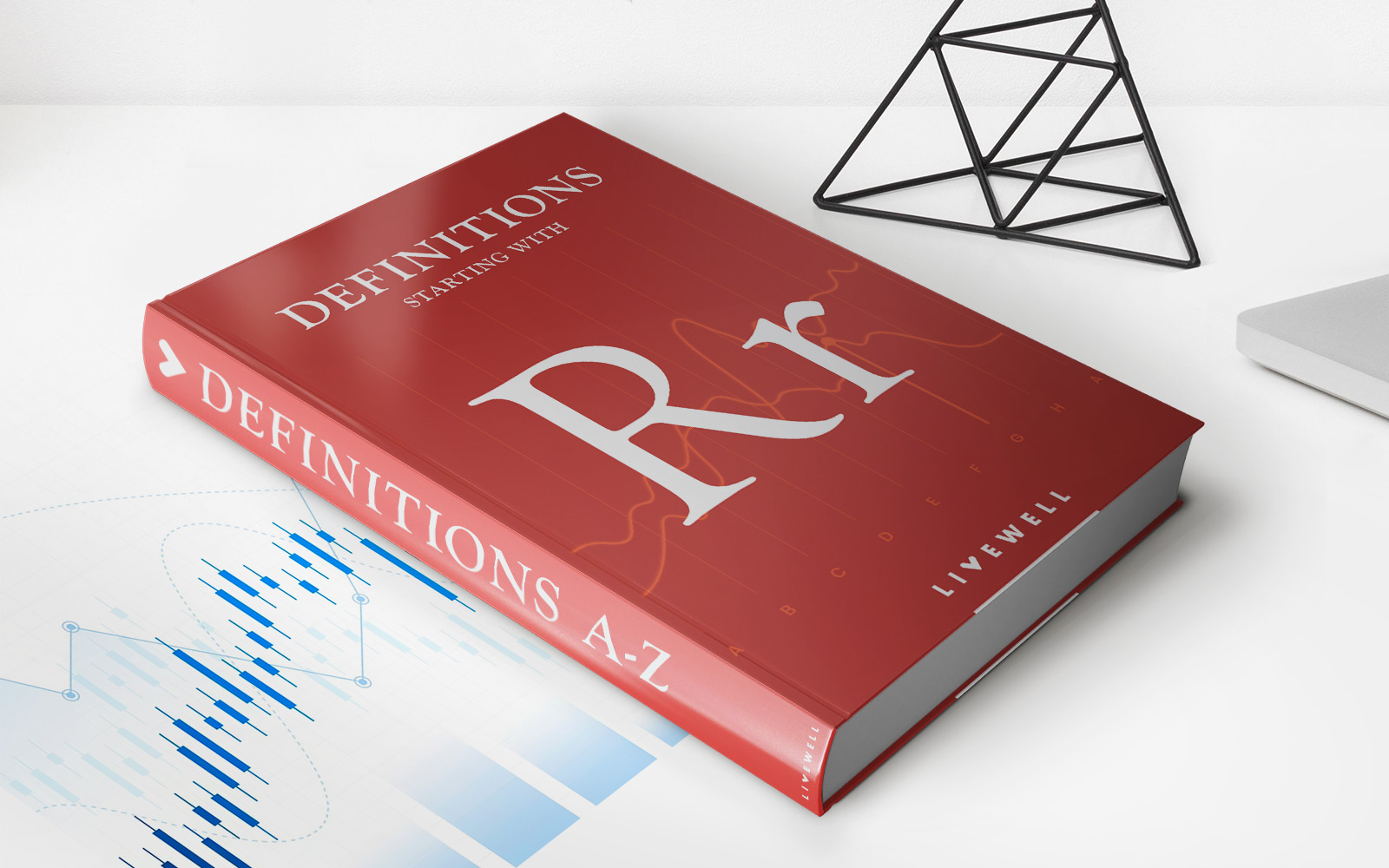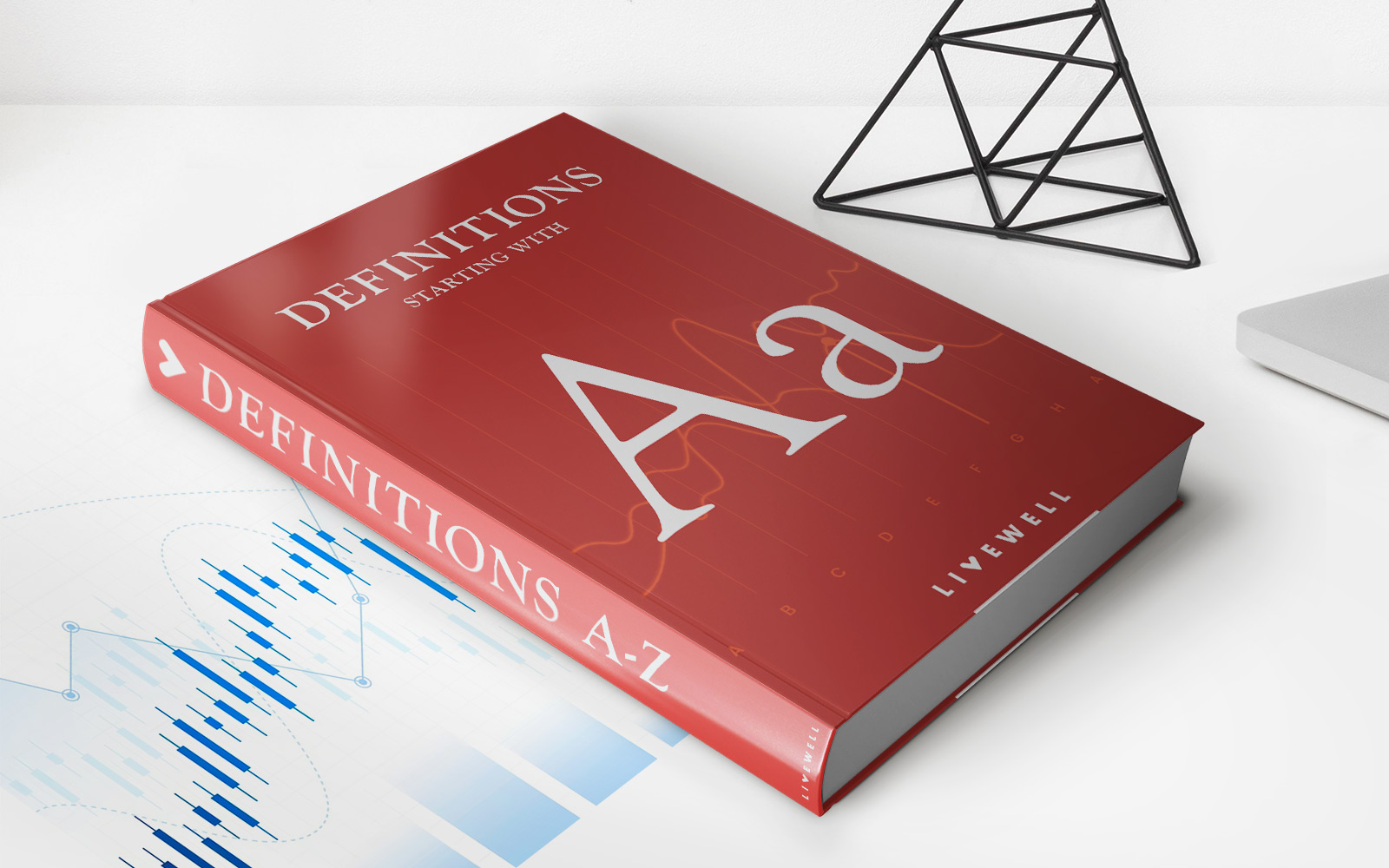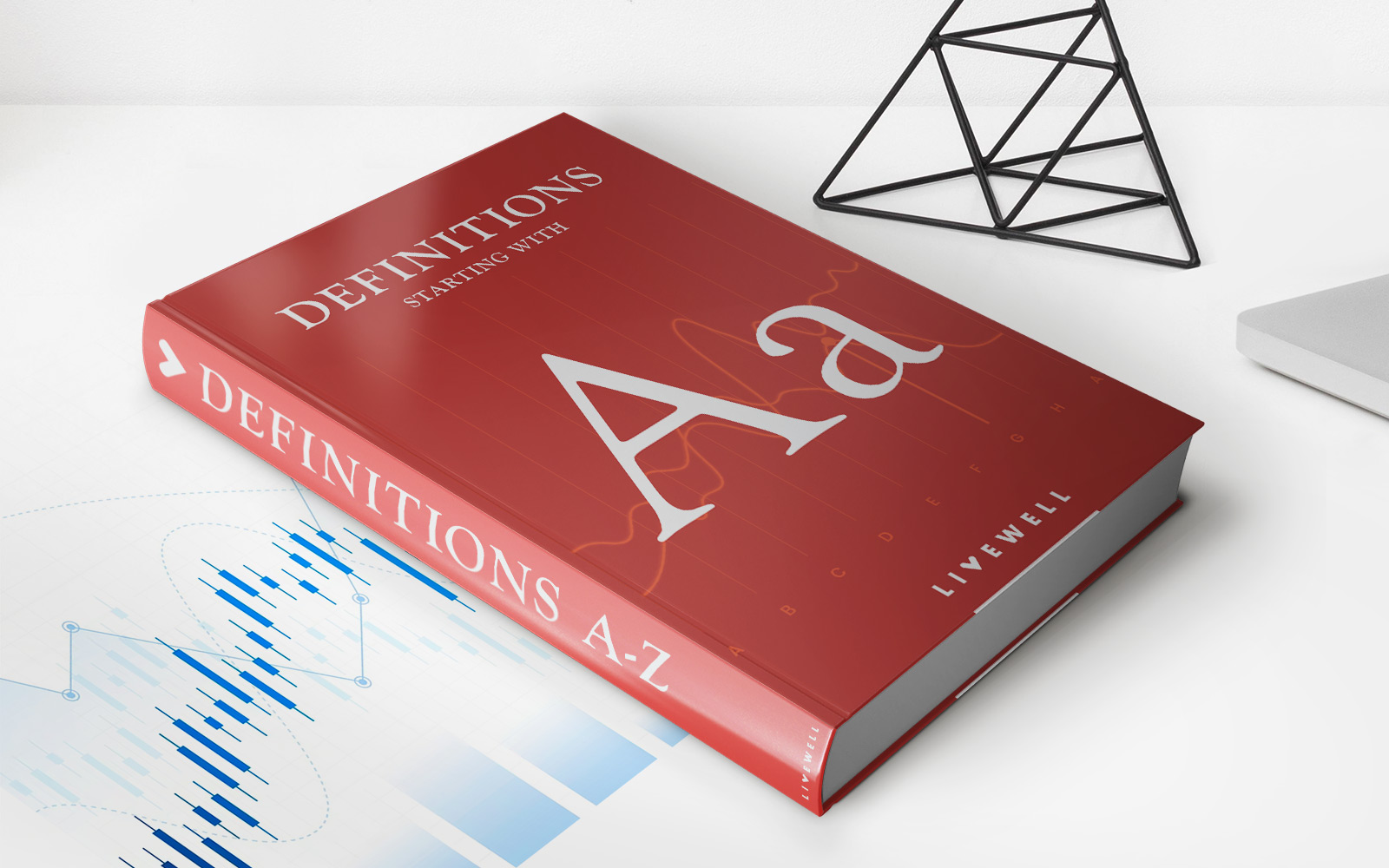Home>Finance>Why Did A Credit Inquiry Lower My Score By 20 Points On Equifax


Finance
Why Did A Credit Inquiry Lower My Score By 20 Points On Equifax
Published: March 5, 2024
Learn why a credit inquiry caused a 20-point drop in your Equifax score. Understand the impact on your finances and how to improve your credit rating.
(Many of the links in this article redirect to a specific reviewed product. Your purchase of these products through affiliate links helps to generate commission for LiveWell, at no extra cost. Learn more)
Table of Contents
Introduction
Understanding the Impact of Credit Inquiries on Your Equifax Score
Have you ever been surprised to see a sudden drop of 20 points in your Equifax credit score after a credit inquiry? If so, you’re not alone. Understanding the reasons behind this unexpected change is crucial for maintaining a healthy credit profile. In this article, we will delve into the world of credit inquiries and their impact on your Equifax score, shedding light on the factors that could lead to a significant decrease.
Credit inquiries, also known as credit pulls or credit checks, occur when a lender or creditor reviews your credit report as part of their decision-making process. These inquiries can be categorized into two types: hard inquiries and soft inquiries. Hard inquiries typically happen when you apply for a new line of credit, such as a credit card, auto loan, or mortgage. On the other hand, soft inquiries may occur when a company checks your credit as part of a background check or when you check your own credit report.
While soft inquiries have no impact on your credit score, hard inquiries can potentially affect your credit standing. They are visible to other creditors and may indicate that you are actively seeking credit, which could be a sign of financial distress. As a result, these inquiries are factored into your credit score calculation and may lead to a temporary decrease in your score.
In this article, we will explore the nuances of credit inquiries, their impact on your Equifax score, and the specific factors that could contribute to a 20-point decrease. Additionally, we will discuss strategies to mitigate the impact of credit inquiries and maintain a positive credit standing. By gaining a deeper understanding of this often-misunderstood aspect of credit scoring, you can navigate the world of credit inquiries with confidence and make informed decisions that support your financial well-being.
Understanding Credit Inquiries
Credit inquiries play a pivotal role in the credit evaluation process, offering creditors insight into your borrowing behavior and financial reliability. When a potential lender or creditor requests a copy of your credit report, a credit inquiry is generated. This inquiry typically includes details about the requesting party, the date of the inquiry, and the type of inquiry, whether it is a hard inquiry or a soft inquiry.
Hard inquiries, as the name suggests, have a direct impact on your credit score and are visible to other creditors. Each hard inquiry can cause a temporary decrease in your credit score, usually by a few points. While a single hard inquiry may have a minor impact, multiple inquiries within a short period can raise concerns among creditors, potentially signaling financial distress or a high level of risk.
On the other hand, soft inquiries do not affect your credit score. These inquiries may occur when you check your own credit report, when a potential employer conducts a background check, or when a company pre-approves you for a credit offer. Since soft inquiries are not linked to credit applications, they are not factored into credit scoring models and do not pose a risk to your credit standing.
It’s important to note that not all credit inquiries are treated equally. For instance, credit scoring models typically recognize that consumers may shop around for the best loan terms when seeking a mortgage or an auto loan. As a result, multiple inquiries of the same type within a specific timeframe are often grouped together and counted as a single inquiry for scoring purposes, minimizing the potential negative impact on your credit score.
By understanding the distinction between hard and soft inquiries and their varying effects on your credit score, you can make informed decisions when applying for credit and minimize any potential negative repercussions on your credit standing.
Impact of Credit Inquiries on Credit Score
Credit inquiries can have a notable impact on your credit score, influencing the overall assessment of your creditworthiness. When a hard inquiry is generated as a result of a credit application, it is factored into your credit score calculation and may lead to a temporary decrease. The extent of the impact depends on various factors, including the number of inquiries, the recency of the inquiries, and your overall credit history.
Typically, a single hard inquiry may cause a minor dip in your credit score, often by a few points. While this decrease is generally manageable and tends to diminish over time, multiple inquiries within a short timeframe can raise red flags and result in more substantial score reductions. This is because numerous inquiries may indicate a heightened risk of default or financial instability, prompting creditors to view the applicant as a higher lending risk.
It’s important to recognize that the impact of credit inquiries on your credit score is just one piece of the puzzle. The specific decrease resulting from an inquiry can vary based on individual credit profiles and the overall credit picture. For instance, a 20-point decrease following a single inquiry may have a more pronounced effect on a person with a limited credit history compared to someone with a lengthy and robust credit profile.
Moreover, the recency of credit inquiries is a significant factor in credit scoring. Recent inquiries may carry more weight in the scoring process, as they can reflect immediate changes in a consumer’s financial behavior and borrowing patterns. As time passes, the impact of inquiries tends to diminish, and the credit score may gradually rebound as the inquiries age and lose their influence on the overall credit assessment.
By understanding the potential impact of credit inquiries on your credit score, you can make informed decisions when applying for credit and strategically manage your borrowing activities to minimize any adverse effects on your credit standing.
Factors Contributing to the 20-Point Decrease on Equifax
When a credit inquiry results in a significant 20-point decrease in your Equifax score, several factors may contribute to this pronounced impact. Understanding these factors is essential for gaining clarity on the specific elements influencing your credit standing and identifying potential areas for improvement.
One primary factor contributing to the 20-point decrease could be the existing state of your credit profile. If your credit history is relatively limited, a single hard inquiry may carry more weight in the credit scoring process, resulting in a more substantial decrease compared to individuals with established credit histories. Similarly, if your credit utilization ratio is high or if you have a history of late payments or derogatory marks, the impact of a credit inquiry on your score may be more pronounced.
The recency and frequency of credit inquiries also play a crucial role. If the 20-point decrease follows multiple inquiries within a short period, creditors may interpret this as a sign of financial distress or overextension, leading to a more significant impact on your credit score. Additionally, if the inquiries are recent, their influence on your score may be heightened, as they reflect more immediate changes in your borrowing behavior.
Another factor to consider is the nature of the credit applications that triggered the inquiries. For example, if the inquiries stem from applications for high-risk credit products or if they are unrelated to your typical borrowing patterns, such as sudden applications for multiple credit cards or loans, the resulting decrease in your Equifax score may be more pronounced.
Furthermore, the specific scoring model used by Equifax and its treatment of inquiries can contribute to the observed decrease. Different credit scoring models may weigh inquiries differently, and some models may be more sensitive to recent or multiple inquiries, leading to varying degrees of score reduction.
By examining these factors, you can gain insights into the dynamics shaping your credit score and take proactive steps to address any underlying issues. Understanding the interplay of these elements can empower you to make informed decisions regarding credit applications and manage your credit profile strategically to maintain a healthy credit standing.
Ways to Minimize the Impact of Credit Inquiries
While credit inquiries can influence your credit score, there are strategic approaches to minimize their impact and maintain a positive credit standing. By implementing these proactive measures, you can navigate the credit application process with confidence and mitigate the potential negative effects of inquiries on your credit score.
One effective way to minimize the impact of credit inquiries is to be selective and strategic when applying for credit. Rather than submitting multiple applications within a short timeframe, consider researching and comparing credit offers to identify the most suitable options. By consolidating your applications and applying for credit judiciously, you can reduce the frequency of inquiries and minimize their impact on your credit score.
Another approach is to leverage pre-qualification tools offered by lenders. Many creditors provide pre-qualification options that allow you to check your eligibility for credit products without triggering a hard inquiry. By utilizing these tools, you can assess your likelihood of approval without affecting your credit score, enabling you to focus on opportunities where you are more likely to qualify.
Furthermore, if you are shopping for a mortgage, auto loan, or student loan, take advantage of the industry-specific treatment of multiple inquiries. Credit scoring models often recognize that consumers may seek the best loan terms by applying with multiple lenders within a specific timeframe. In these cases, inquiries of the same type are typically grouped together and counted as a single inquiry for scoring purposes, minimizing the potential impact on your credit score.
Regularly monitoring your credit report is also essential in minimizing the impact of inquiries. By staying informed about the inquiries listed on your report, you can identify any unauthorized or erroneous inquiries and take appropriate action to address them. Additionally, monitoring your credit report allows you to track the aging of inquiries, as their impact on your credit score diminishes over time.
Finally, maintaining healthy credit habits, such as making timely payments, keeping credit card balances low, and managing your overall debt responsibly, can help offset the impact of inquiries on your credit score. By demonstrating consistent and responsible financial behavior, you can strengthen the positive aspects of your credit profile, mitigating the temporary effects of inquiries on your credit standing.
By implementing these strategies, you can proactively manage the impact of credit inquiries and maintain a healthy credit score, empowering you to pursue your financial goals with confidence.
Conclusion
Credit inquiries are an integral part of the credit evaluation process, providing creditors with valuable insights into your borrowing behavior and financial reliability. While these inquiries can impact your credit score, understanding their nuances and potential effects is essential for maintaining a positive credit standing. In this article, we explored the intricacies of credit inquiries and their impact on your Equifax score, shedding light on the factors that could contribute to a significant 20-point decrease.
By delving into the world of credit inquiries, we uncovered the distinction between hard and soft inquiries, recognizing their varying effects on credit scoring. We also examined the potential impact of inquiries on credit scores, emphasizing the importance of factors such as the number of inquiries, their recency, and individual credit histories. Furthermore, we identified specific factors that could contribute to a pronounced 20-point decrease on Equifax, offering insights into the dynamics shaping credit scores in response to inquiries.
Additionally, we discussed strategic approaches to minimize the impact of credit inquiries, empowering individuals to navigate the credit application process with confidence. By being selective and strategic in credit applications, leveraging pre-qualification tools, and monitoring credit reports, individuals can proactively manage the effects of inquiries on their credit scores. Moreover, maintaining healthy credit habits and understanding industry-specific treatment of multiple inquiries can further mitigate the impact, allowing individuals to maintain a healthy credit standing.
Ultimately, by gaining a deeper understanding of credit inquiries and their impact on credit scores, individuals can make informed decisions when applying for credit and strategically manage their borrowing activities. Armed with this knowledge, individuals can navigate the complexities of credit scoring with confidence, making conscious financial choices that support their long-term financial well-being.
As you continue your financial journey, remember that credit inquiries are a natural part of the credit application process, and their impact on your credit score is temporary. By adopting prudent credit management practices and leveraging the insights shared in this article, you can effectively minimize the effects of inquiries and maintain a positive credit standing, unlocking opportunities for financial growth and stability.














